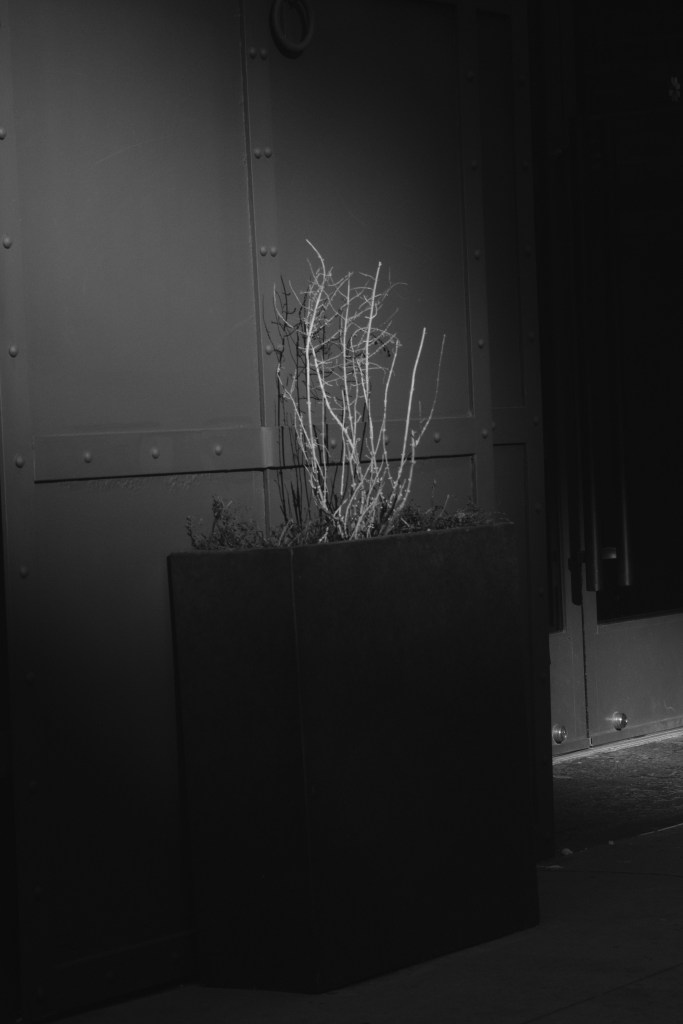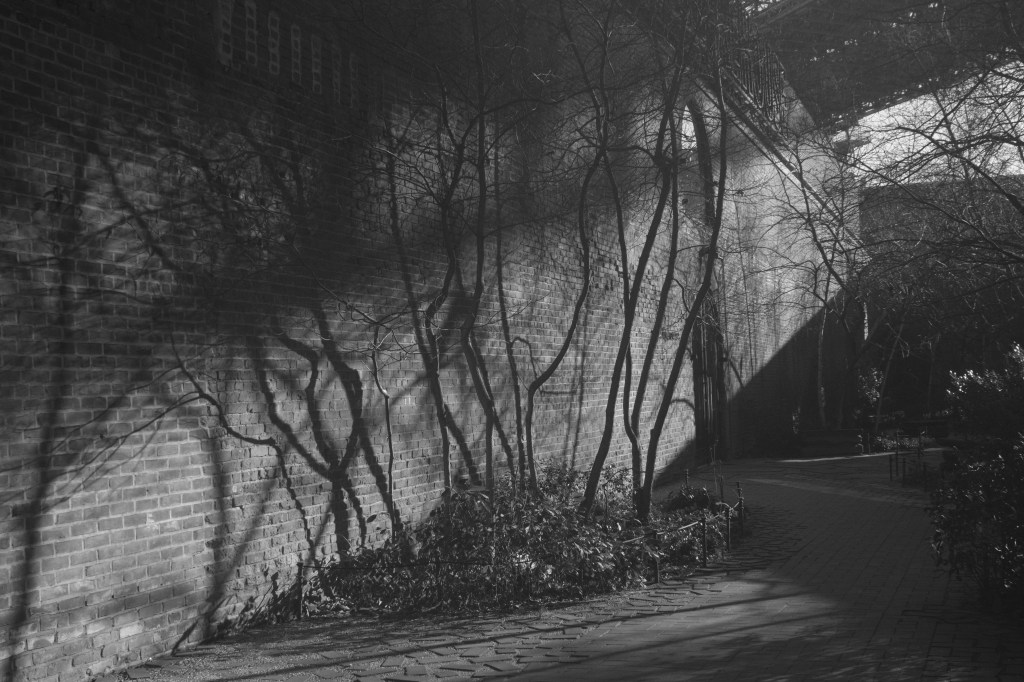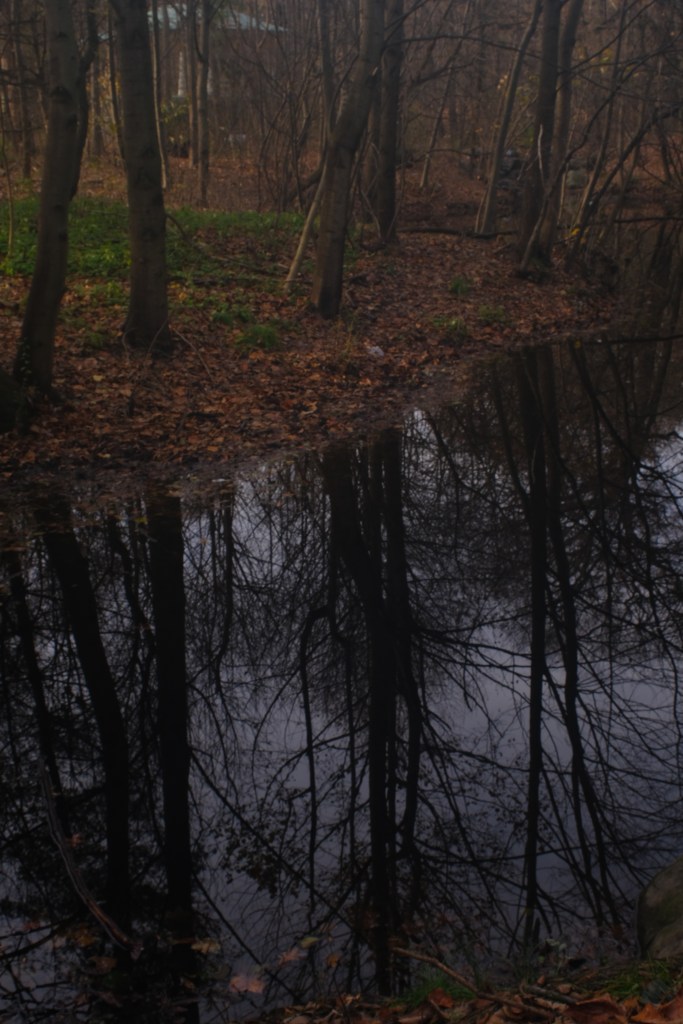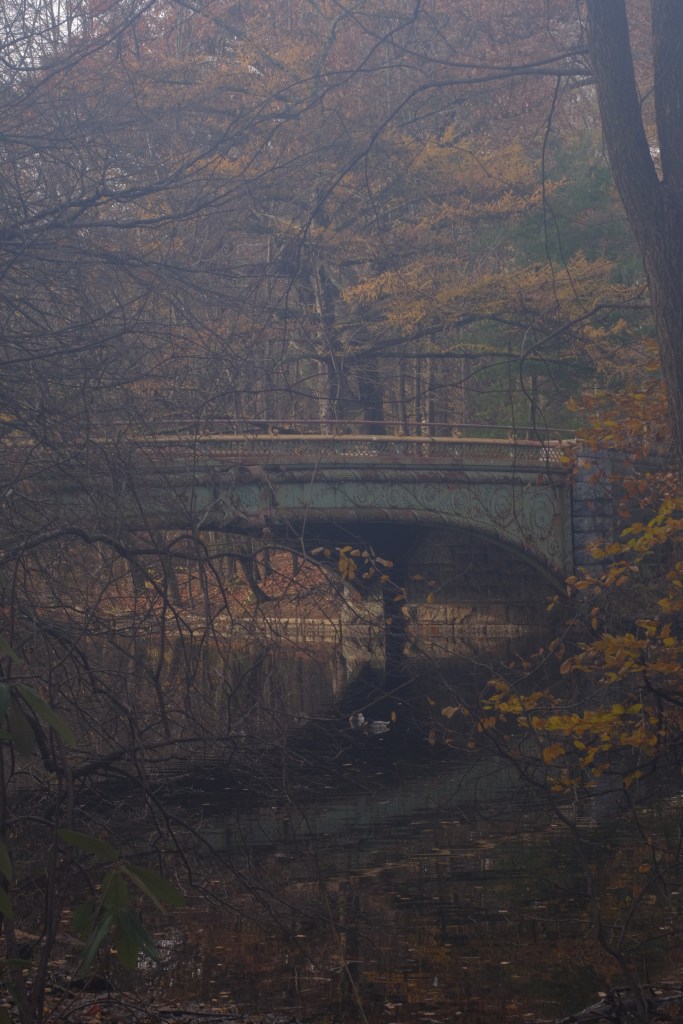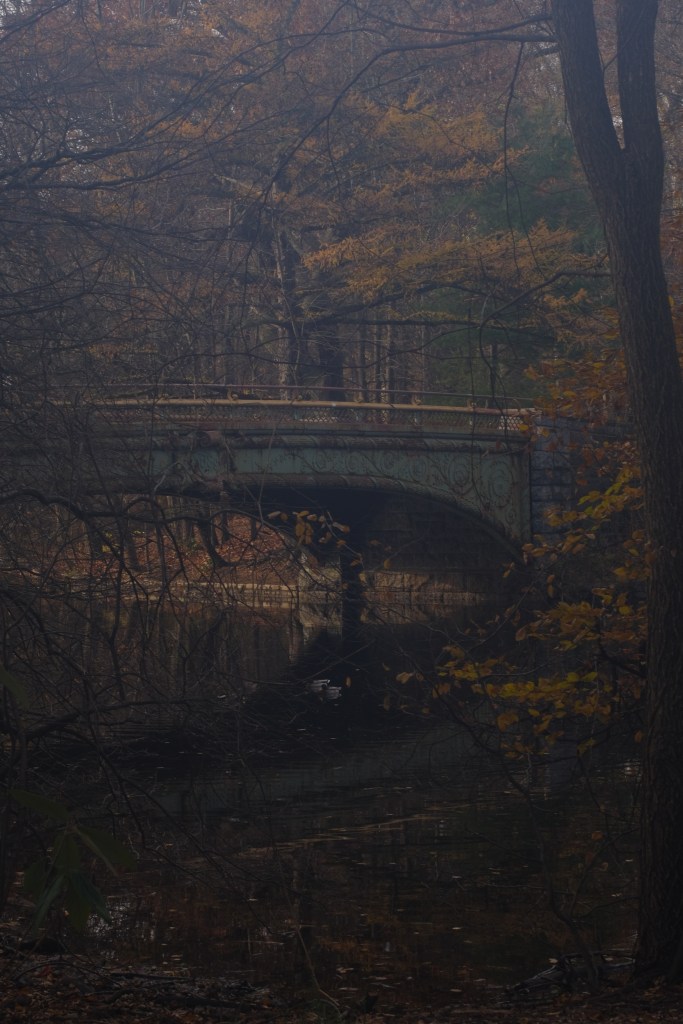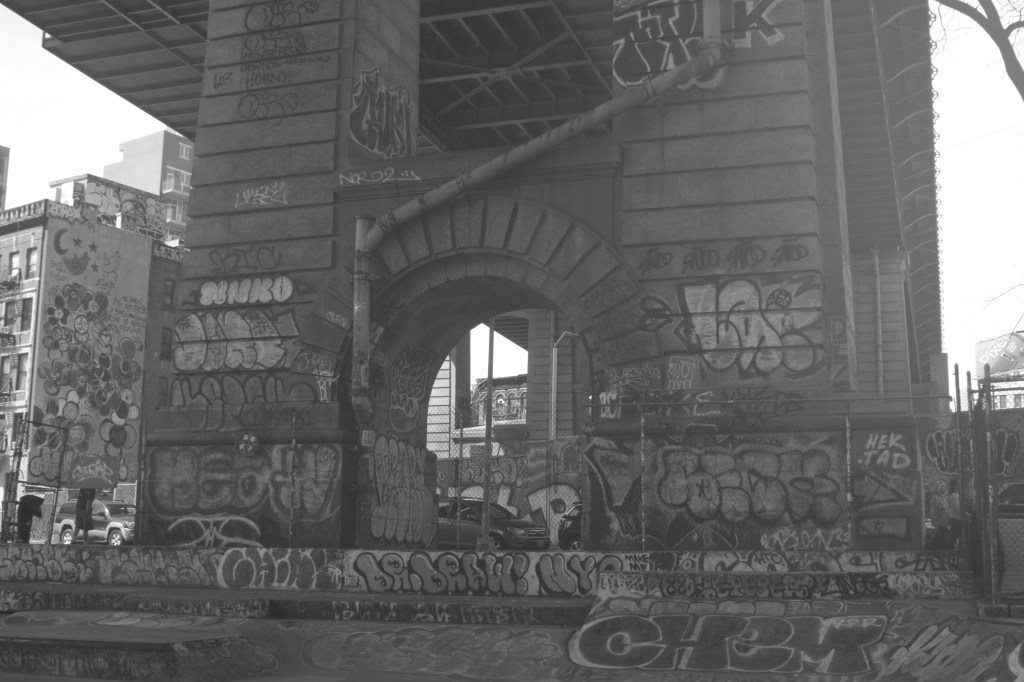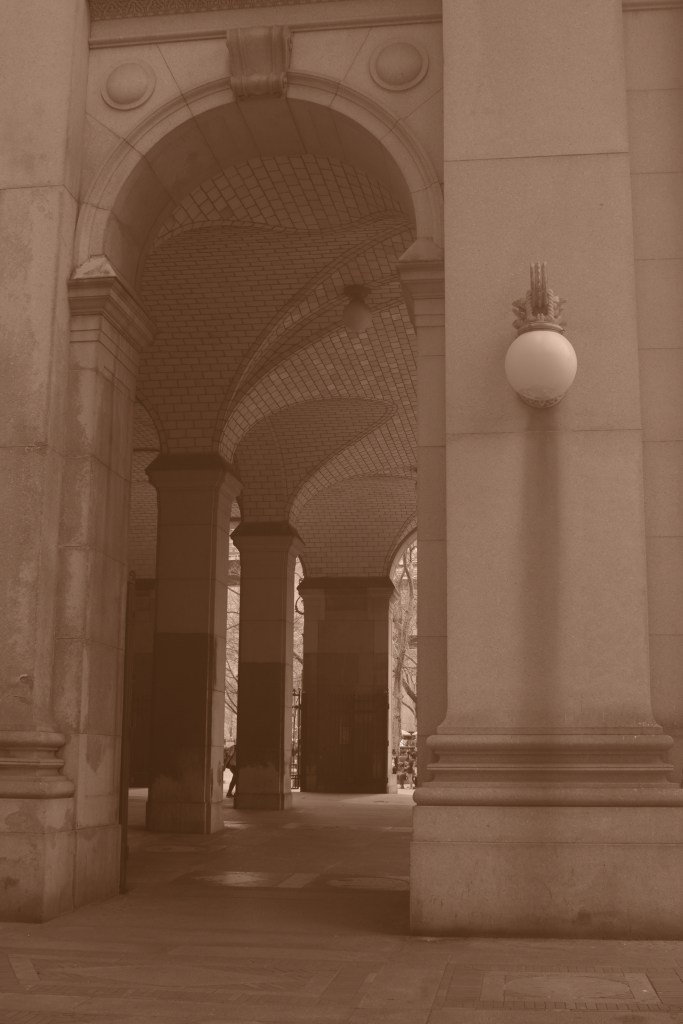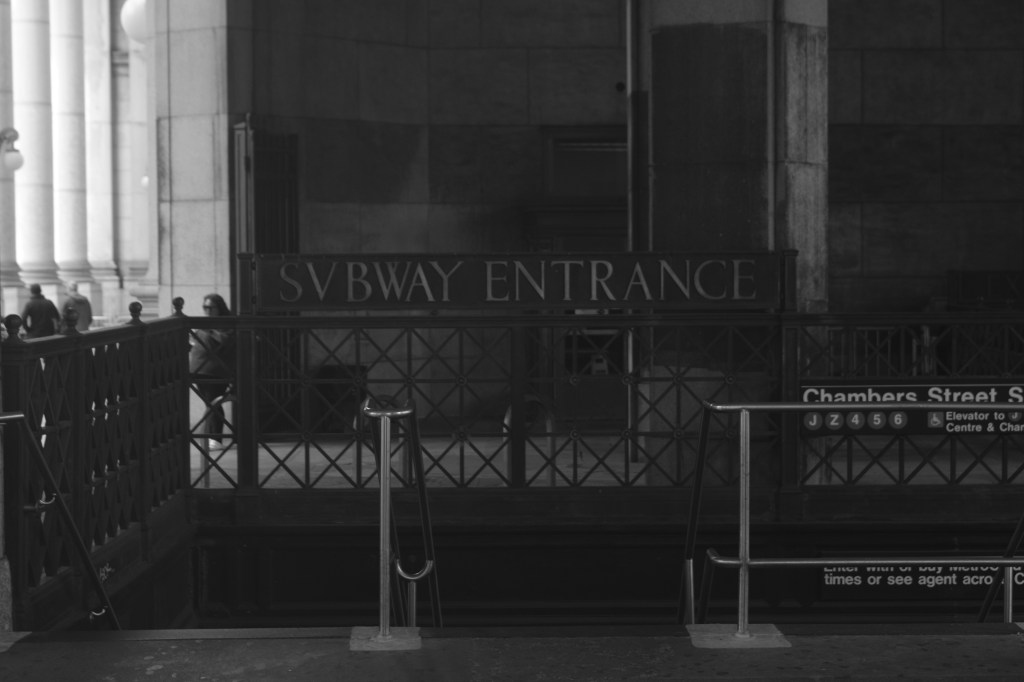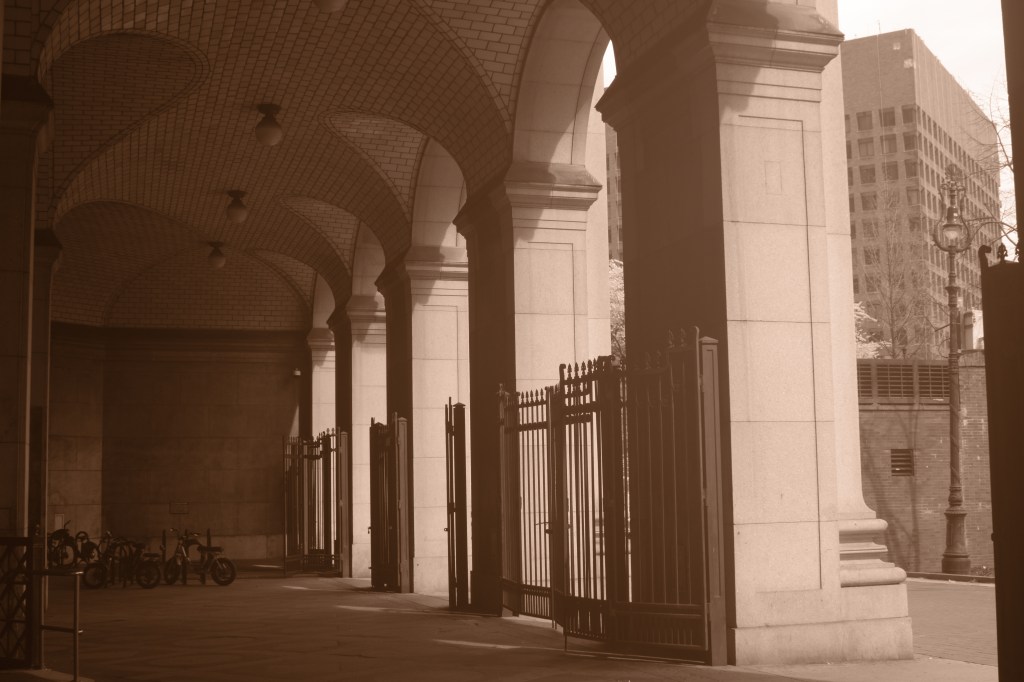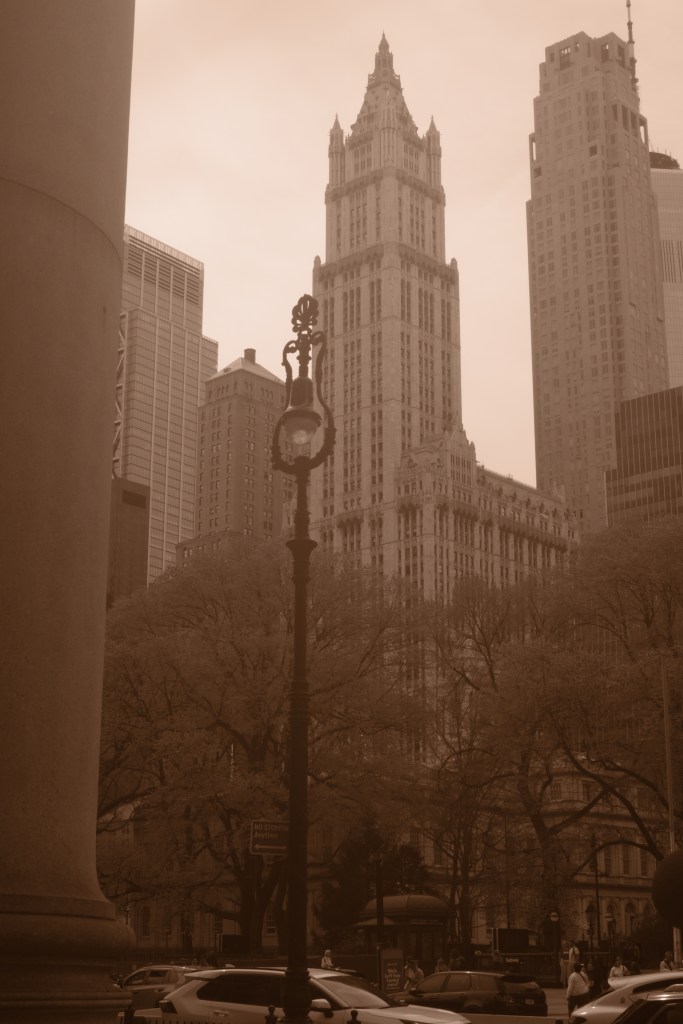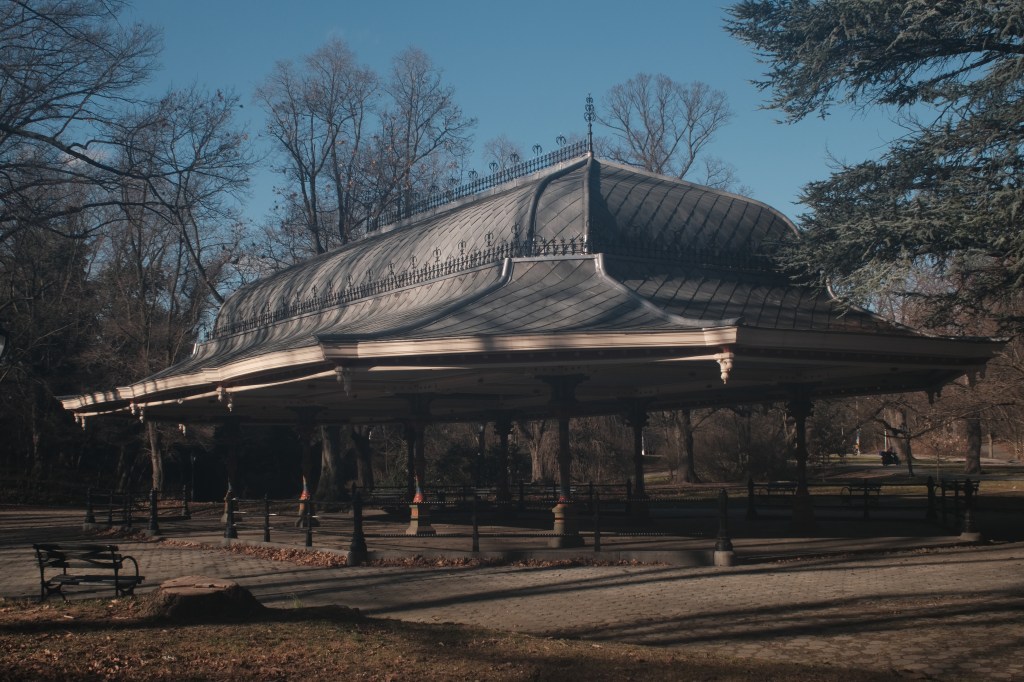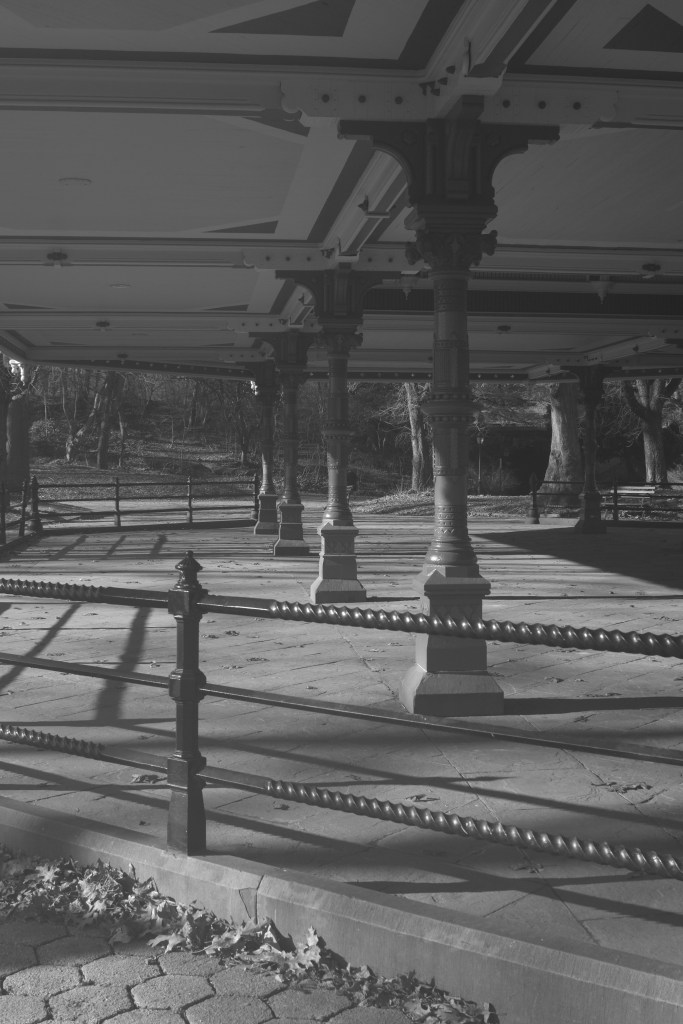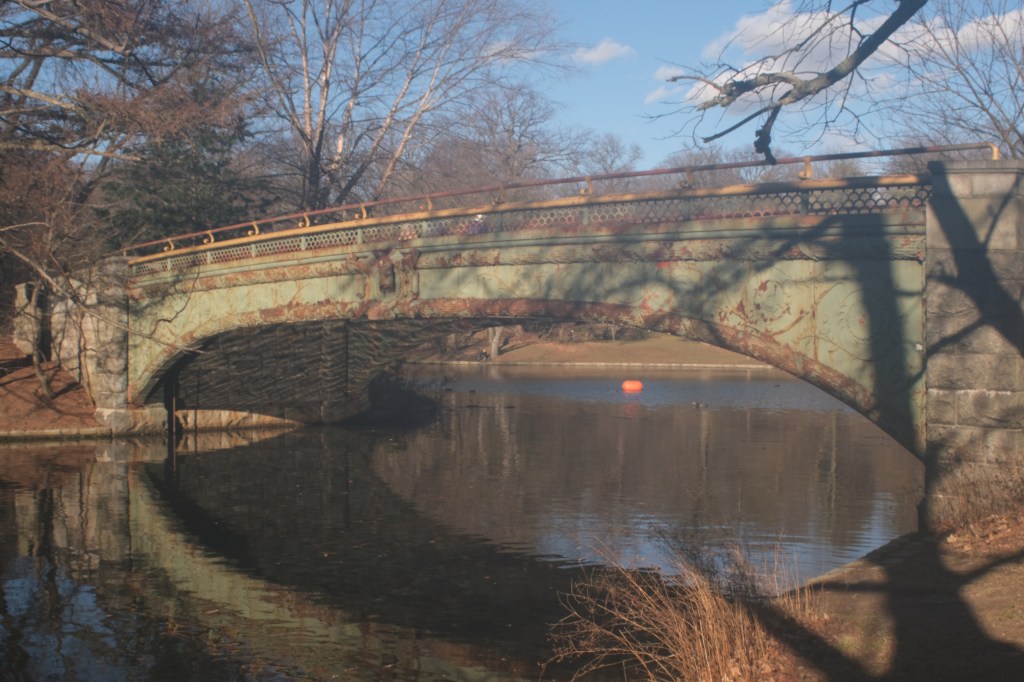
It was too cold to go out shooting today, so here’s a shot I took about a month ago—inside.
My friend M. has moved back to the city. She and I were tight in high school, in intermittent contact college through grad school and post-doc, and then lost touch after I moved to New York. It was hard for her: she loved New York and had never wanted to leave, so me living here, well, it was hard for her.
(I know this because she told me. She felt bad, but I understood: I missed Montreal so much when I left that any mention of it was painful. Hell, I still miss Montreal.)
But the reason she left was reversed, so she returned, and I am delighted not only to have her back in my life, but to have her living a short subway ride away.
And she wants to do stuff! I mentioned in my last post that I’ve been veering off my work-home path to try to make my life as big as this city, so, even though I am crabby and inertial, her invitations provide some oomph to that desire to go big.
And not just big. M has been taking some courses at Gotham Writers Workshop and become friends with some of the other workshoppers; this in turn has led to her initiating her own writing group, and inviting me to participate.
This, too, is in line with another desire of mine: my heretofore not-at-all-successful attempts to revive my creative writing. We met this past Tuesday (I had only my ears to contribute this time) and decided to keep meeting weekly. I initially balked at the weekly, but thought, Terri, do you actually want to write or do you just want to wish you wrote? It might end up being too much, but what the hell, why not stretch.
So, thanks, M. In getting back your life you’re helping me get back mine.

